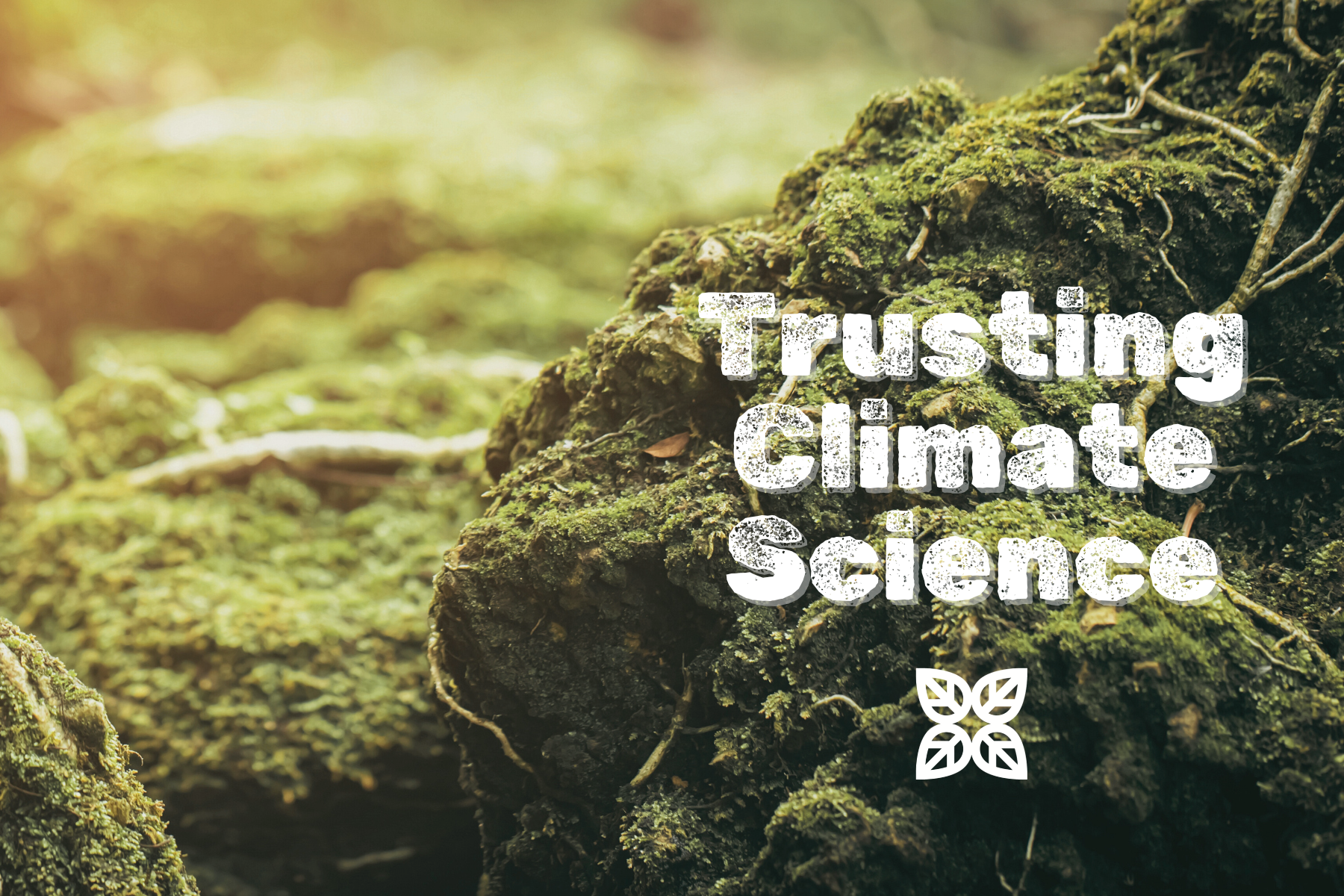In our high-speed, globally-interconnected world, we have no shortage of ‘information’ available to us in an instant, on a device that we hold in our hand. Our digital relationships have helped many people keep in touch with family, converse with friends, and share information about important issues like the Covid-19 pandemic and the climate crisis – some accurate, some not so much. Misinformation spreads faster on social media than the coronavirus spreads through a crowded room, and it can lead to poor decision-making by individuals and governments that then affects entire communities and even the long-term viability of life on this planet as we know it.
So how does one know what is good information and what isn’t? Go to the original source- and that source needs to be a relevant expert in what they are writing or talking about. We do this all the time in analog life. If your car breaks down, you get it to a mechanic who will fix it- you would not bring it to a plumber no matter how good they are at their job. If you thought that you might be having a heart attack, you would not rush to the nearest dentist. In these contexts, consulting the relevant expert for information and advice is clearly important, and agreement among experts is the closest we can presently get to something like truth. In scientific endeavors, this is known as scientific consensus.
How is scientific consensus reached? Not very easily and certainly not quickly. This puts the process at odds with today’s lightening-fast ‘information’ transmission, and leads to doubt among non-scientists about what cautious experts do say. Scientific research is SLOW. First, a researcher must write up a proposal to investigate a specific question and submit it to granting agencies to get the money to do the research; this takes months. The application may be rejected- this means another year of planning and re-writing. Even with grant money in place, experiments and field work take time, months or years. Research on animals or humans requires lengthy approval procedures. If all goes well and solid results are found, they must be carefully written up into a detailed paper and submitted to a reputable journal for peer review by three other experts (who do this work for free), otherwise no other scientists will know about the results- the work is useless and the researcher will likely lose their job eventually. Peer review is a system of organized scrutiny through which all scientific research articles are vetted by other relevant experts. It’s like being in school forever and all of your assignments take years to do, are marked individually by three teachers, and your professional reputation depends on every single one. It is not a perfect system- it takes a long time, and humans are inherently flawed- but it is the best way that scientists can ensure that published research is reliable and solid. It makes use of collective specialized experience, not a few loud overly-confident posters on Facebook or Twitter.
Most people want ‘truth’ from science, one simple statement that leads to clear government policy = done. But science provides evidence, not ‘truth’. Once hundreds or thousands of independent scientists have conducted peer-reviewed studies that all have similar conclusions, it can be said that a consensus on that particular subject has been reached, and that conclusion becomes scientific ‘fact’. Until it isn’t anymore. Maybe. Doubt is an integral part of scientific inquiry and is not cause for concern or debate. Naomi Oreskes, a science historian at Harvard put it thus: “Scientific fact/ consensus is an observation that has been confirmed repeatedly and is accepted as true (although its truth is never final).” For example: Sir Isaac Newton described the force of gravity (which has repeatedly been observed and found to be true) = FACT. Two hundred and fifty years later Einstein comes along and proves that gravity operates differently than Newton originally proposed because it depends on how mass bends space/time. This does not mean that gravity never existed, or ceased to exist, or is a hoax created by a foreign government to ruin the American economy or to control people. It just means that scientific inquiry is slow, careful, and judged by an international ‘jury of geeks’, or relevant experts, that can span many generations.
These are the qualities that most people would want in a cardiologist, oncologist or even a financial advisor, and they are what we should look for in scientific experts and information about the present climate and ecological emergencies. We can trust what scientists tell us about these important issues because they are not acting as individuals; scientific consensus is based on the scrutinized collective work of thousands of relevant experts. That ‘truth’ can become distorted by mistake or by design when reported by non-scientists or even scientists in other fields. Let’s all be good consumers of scientific information, and go to the original expert sources. Our lives and a continued habitable planet depend on it.
Reposted from https://www.drheathershort.com/ with permission.








